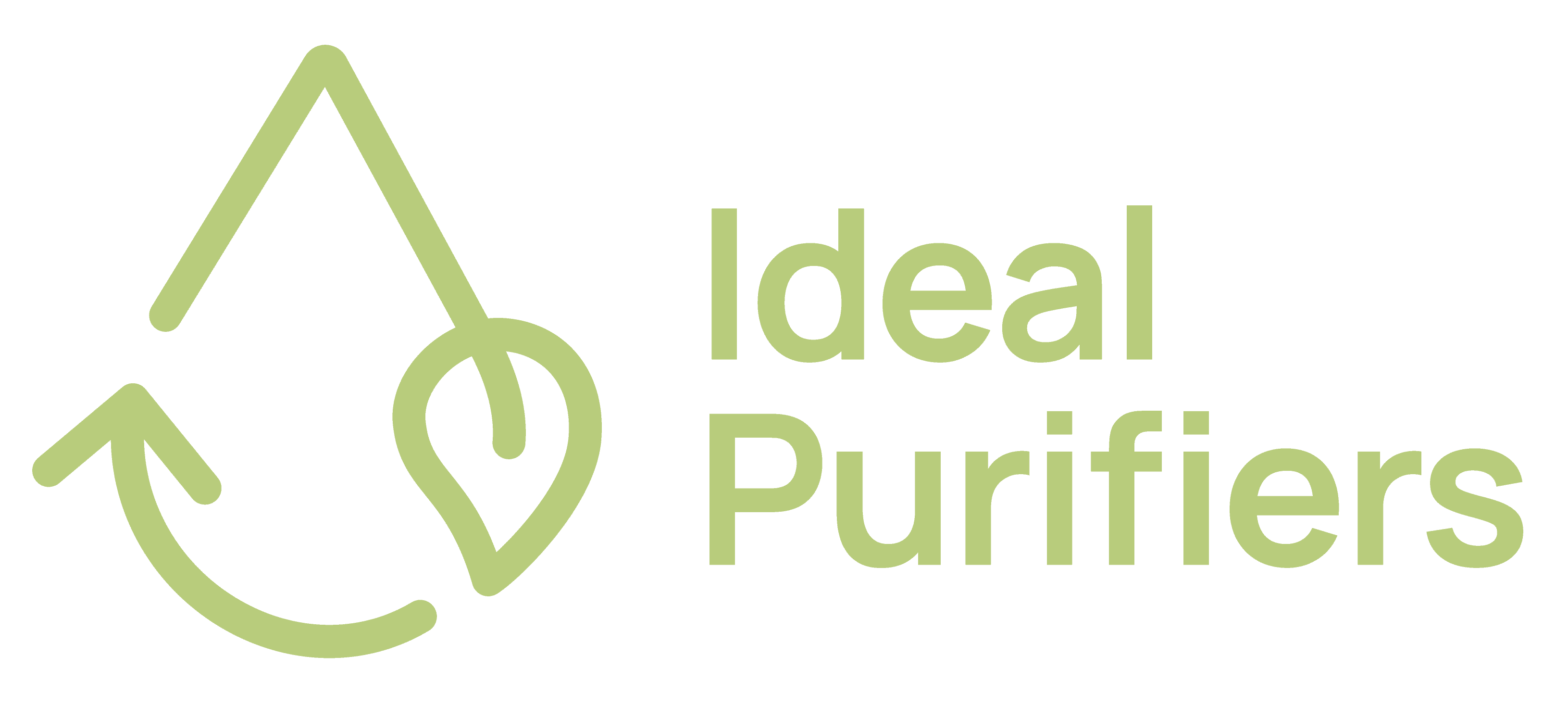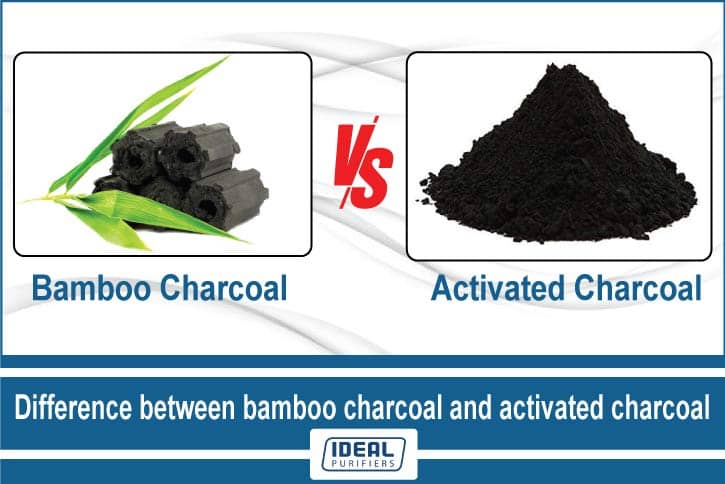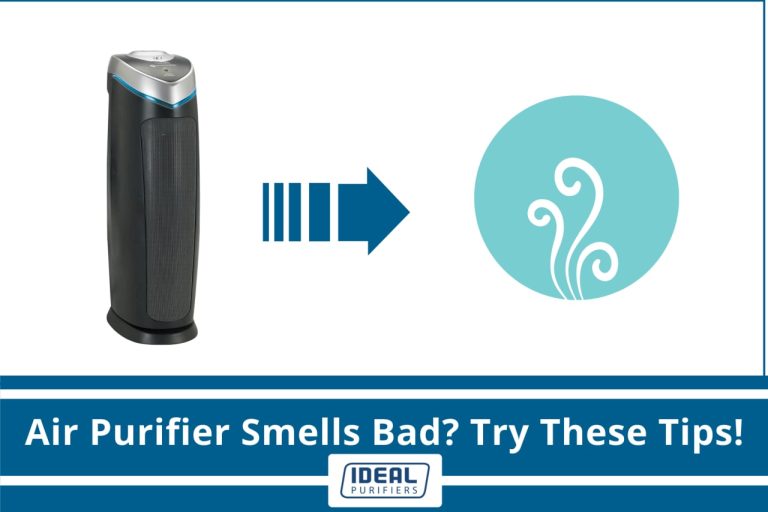Many goods are entering the market with a promise to provide a clean and sanitary environment. Bamboo charcoal and activated charcoal are some of these.
Bamboo charcoal and activated charcoal are well-known for removing pollutants and supplying fresh air. Charcoal is porous, so it absorbs moisture-containing germs that can cause illnesses. As a result, you are protected against specific pathogen organisms.
They are also hygienic because they dont contain any toxic chemicals that can affect your health. They can also eliminate toxins and other chemicals in the air.
If you are interested to know more about how bamboo charcoal and activated charcoal can benefit your health, keep reading the article.
Table of Contents
What is Activated Charcoal?
Activated charcoal is a type of carbon that has been treated to increase its adsorption capacity. It is also known as activated carbon. The activated charcoal process involves exposing carbon-rich materials such as wood, coals, and coconut shell to high temperatures until it becomes charcoal.
The high-temperature treatment causes the formation of pores in the charcoal. Then, charcoal powder is charred with chlorine salt to get the refined pores structure. These pores enable it to absorb more impurities than other types of charcoal.
Activated charcoal is a popular choice for water filters because it can remove a wide range of impurities, including chlorine, fluoride, and other chemicals. t is also used in air purifiers because it can absorb airborne pollutants, such as formaldehyde, benzene, and carbon monoxide.
What is Bamboo Charcoal?
Bamboo charcoal is made in a similar manner as activated charcoal. It forms pores at high temperatures. At first, the bamboo is dried, and then it is exposed to high temperatures until it becomes charcoal.
Bamboo charcoal has a high adsorption capacity because of its porous structure. It can remove impurities, such as toxins, chemicals, and odors from the air. Additionally, bamboo charcoal can absorb moisture to keep the air dry and prevent the growth of mold and mildew.
Bamboo charcoal is an all-natural product, so it is safe to use in your home. It doesnt contain any toxic chemicals that can harm your health.
How Do They Work?
Activated charcoal and bamboo charcoal work by adsorbing pollutants from the air. They have a large surface area because of their porous structure. The pores in the charcoal attract and trap pollutants, such as toxins, chemicals, and odors.
The adsorption process occurs when the molecules of the pollutant attach to the surface of the charcoal. The charcoal traps the pollutants until it is full and can no longer absorb any more. Then, you need to replace the bamboo or activated charcoal to keep removing the pollutants from the air.
Does Bamboo Charcoal and Activated Charcoal similar?
Bamboo charcoal and activated charcoal are similar in many ways. They are both made from carbon-rich materials that are heated to high temperatures to create charcoal.
- Both bamboo charcoal and activated charcoal have a porous structure that enables them to absorb pollutants from the air. However, bamboo charcoal is more effective at adsorbing pollutants because it has a larger surface area.
- Activated charcoal is more commonly used in water filters because it can remove a wider range of impurities, including chlorine, fluoride, and other chemicals. Bamboo charcoal is more commonly used in air purifiers because it can absorb airborne pollutants, such as formaldehyde, benzene, and carbon monoxide.
- Both bamboo charcoal and activated charcoal are safe to use in your home because they are all-natural products that dont contain any toxic chemicals.
Also Read : Do nature fresh air purifying bags really work
Bamboo Charcoal VS Activated Charcoal
The main difference between bamboo charcoal and activated charcoal is although they have the same absorption capability, activated charcoal can hold substances it absorbs more securely due to the fact that it has a larger surface area.
There are some differences too, such as they are not produced in the same way. Bamboo charcoal is made by first drying out the bamboo and then exposing it to high temperatures until it becomes charcoal. On the other hand, a more complex process is needed to make activated charcoal.
Bamboo charcoal is used more in air purifiers as it can absorb airborne toxic chemicals. Activated charcoal is used more for industrial water filters because it can remove impurities such as chlorine. They are also used to treat poisoning, as activated charcoal is believed to absorb toxins in the gut (not scientifically verified).
Here are some other differences between these two:
- The bamboo charcoal is the by-product of carbonization, while the carbonized material is further heated to get the active form of charcoal.
- The active form gets more porous and more absorbent because of the high-temperature treatment than the carbonized charcoal form.
- Activated charcoal with large pores is more efficient in filtering and purifying water than bamboo charcoal.
- Activated charcoal is more refined and porous. That’s why it can be used for various reasons.
Also Read : Do activated bamboo charcoal bags really work?
FAQs
Does bamboo charcoal really purify the air?
There is some evidence that bamboo charcoal can help to purify the air, although more research is needed in this area. Bamboo charcoal has been shown to absorb unhealthy gases and toxins from the air, helping to improve indoor air quality. Additionally, bamboo charcoal can help to absorb moisture, helping to keep the air in your home dry and healthy.
Is bamboo charcoal better than regular?
Bamboo charcoal has ten times more surface area than regular charcoal. Its absorption ability is four times stronger than the previous. Thus, it can absorb moisture and formaldehyde, benzene, and chloroform. That’s why it’s better than regular charcoal in functions and features.
What is activated bamboo charcoal used for?
Activated bamboo charcoal is often used as an air purifier. When used in this way, it is said to help remove pollutants and odors from the air. Additionally, activated bamboo charcoal is used for medical purposes, such as treating poisonings.
Conclusion
Bamboo charcoal and activated charcoal are both effective at adsorbing pollutants and toxins. So, if you are wondering which one is better for you, it really depends on your specific needs. You can use them for different purposes, such as air purification or water filtration. However, if you need something more powerful, then activated charcoal may be a better option than bamboo charcoal.




